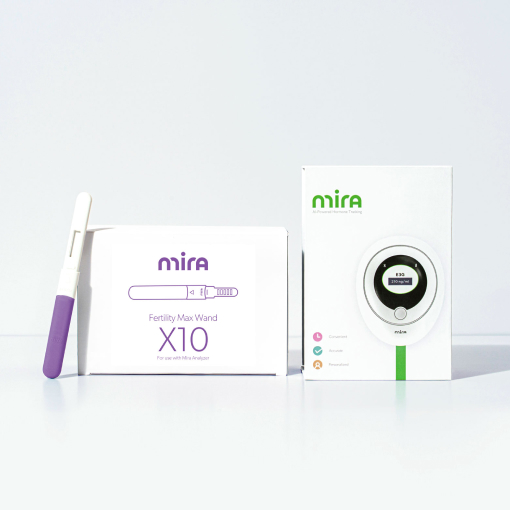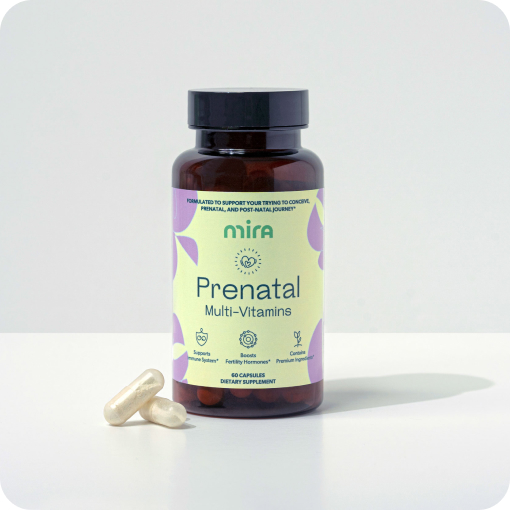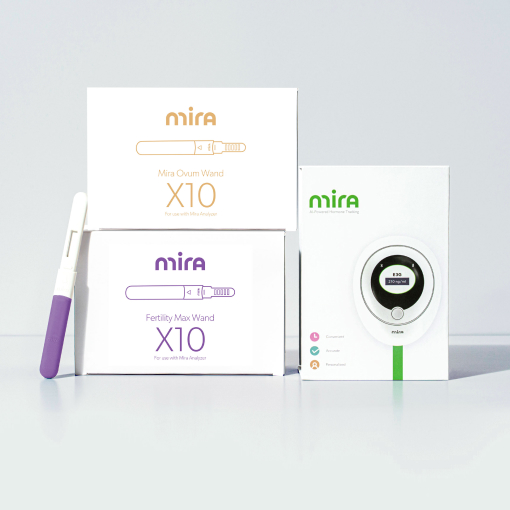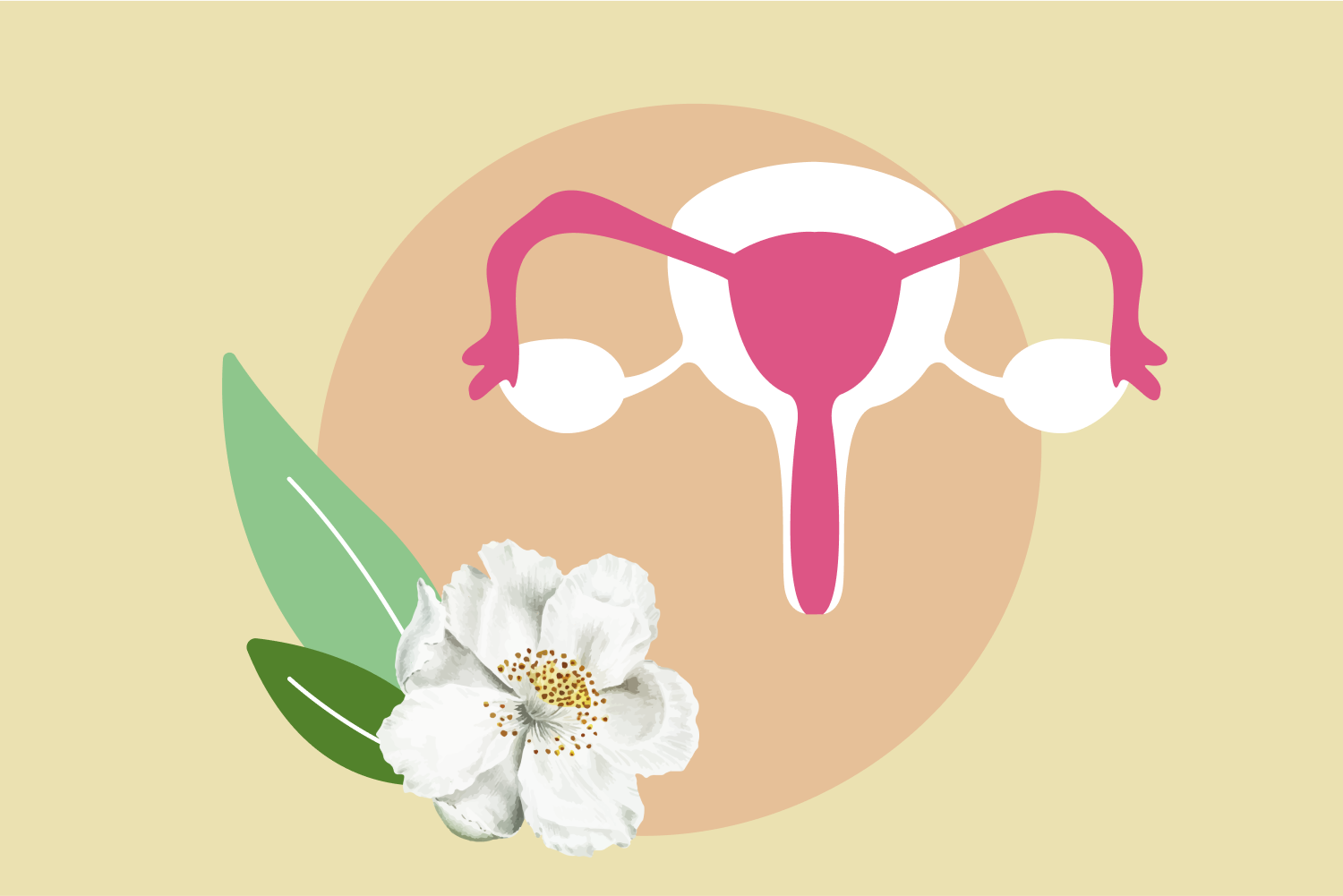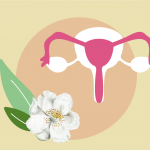What are the effects of smoking cannabis on fertility – a detailed research

Cannabis and marijuana legalization is on the rise which means the use of cannabis is on the rise as well. Cannabis’ negative effects on sperm are well known but how long after quitting smoking marijuana does male fertility improve? Given the increasing popularity and legality of cannabis, it’s no surprise that many people want to know how cannabis affects fertility. What are the effects on sperm and sperm count? Can cannabis make you infertile? How does smoking marijuana affect female fertility? At Mira, we are always on the hunt for how things impact your fertility. In this article, we’ll answer these questions and more as we look into the research on how smoking cannabis may affect your fertility.
Does smoking weed affect fertility?
The truth of the matter is that smoking cannabis can have many negative effects on your fertility. Your reproductive system essentially operates on a complex feedback loop. Anything that interferes with that system will negatively impact fertility. It can wreak havoc on your hormones and disrupt the entire reproductive system. Not only does it lower testosterone in males, but in females it can lower both testosterone and estrogen. Results like lower sperm counts, ovulation delays, and even increased risk of miscarriage are all common consequences of how using THC (tetrahydrocannabinol) can affect your fertility.
Can you become infertile from smoking weed?
Although there’s no conclusive evidence that smoking marijuana causes you to be infertile, it does have a host of other negative outcomes for the reproductive system. The active ingredient in marijuana, THC, acts on our endocannabinoid system. This complex system is especially important for reproduction and any interruptions can interfere and wreak havoc with many of the body’s reproductive functions. Since the endocannabinoid system is involved in every aspect of fertility, smoking cannabis can even exacerbate existing fertility issues and make it that much harder to get pregnant.
The truth is, ethical limitations mean it’s nearly impossible to study how cannabis affects fertility and whether it can make you infertile. This means there are critical gaps in our knowledge of how THC affect both male and female fertility. Since our conclusions are based on observational research and anecdotal evidence we don’t fully know the impacts of these substances even though we know they are linked with reproductive dysfunction.
How weed affects male fertility?
Marijuana’s impacts on male fertility are more well known. From our research, we know that men who regularly smoke marijuana have lower sperm counts. We don’t fully know the long term impact it has on fertility and sperm health. Sperm have cannabinoid receptors on them so any use of the substance has the potential to disrupt sperm function. We know that studies have shown reductions in sperm count and concentration, but there’s an increasing body of evidence to show that it also affects shape, motility, and viability, not to mention its impact on male hormones. In fact, research suggests that the more someone uses marijuana, the lower their sperm count will be.In order to get pregnant, you need healthy sperm that can get where they need to go. If your sperm quality is off, it can impact whether or not you can fertilize an egg and successfully conceive. Lower testosterone levels caused by smoking may result in lower sperm production, erectile dysfunction, abnormal sperm and a lower sex drive which can all contribute to infertility in men.
How long after quitting smoking weed does male fertility improve?
Sperm takes more than two months to be produced so it can take at least that long to improve sperm quality once you quit smoking. For chronic users, marijuana lingers in the body and can take weeks to leave your system whereas casual users may rebound quicker. Dietary supplements and lifestyle changes may help your system while it recovers from marijuana’s effects on sperm.
How weed affects female fertility?
We know that THC can impact many systems in our body and cause a wide range of effects. When it comes to female fertility, this disruption to the system can mean changes in ovulation, hormonal imbalances, and a possible increased risk of miscarriage. Not to mention that marijuana crosses the placenta and can impact the fetus, so marijuana use while TTC is strongly discouraged.
The truth is though, we don’t have enough human studies to determine how marijuana impacts female fertility or how the effects play out long term. We do know that it could impact your chances of conception in a variety of ways and can have negative outcomes for both pregnancy and childbirth. The studies we do have show a potential negative association between cannabis use and issues with the menstrual cycle, reproductive hormones, time it takes to get pregnant, and even infertility treatments. Unlike men, who are always producing new sperm, women are born with a lifetime supply of eggs. Once eggs die, or become damaged, they will never be replaced. Although we don’t know all of the detrimental effects smoking cannabis has on female fertility, we do know that it has negative implications for your overall reproductive health so it is best not to smoke at all while TTC. Research still can’t answer the question of how long after quitting smoking does female fertility improve for cannabis but when it comes to cigarettes, it can take up to a year to see improvements.
Recommended for you
Navigate your fertility with peace of mind
How to Quit?
Quitting any habit can be a hard task but even more so when it involves a chemical cocktail that makes you feel good. It can take time and every person approaches the task differently. Some people prefer the “cold turkey” method while others slowly downgrade their usage over time until they have finally quit. Whatever method you choose, find support or talk to your doctor to help ease the transition.
Conclusion
As you can see, it’s important to know the impact smoking cannabis can have on your fertility. Due to ethical considerations and other challenges, research in the area is limited. We know that smoking cannabis has a variety of negative effects on both the male and female reproductive system. These effects may or may not negatively impact your fertility but they most certainly can affect your overall health, which in turn may impact your fertility. If you are trying to conceive, or preparing for the possibility, the safest approach is to not smoke so you can avoid any negative effects on you or a developing fetus. Ultimately more research is needed to know the full effects cannabis can have on fertility. Talk to your healthcare provider to help you move forward in the safest way possible.
Mira’s Editorial Process
All content produced by Mira meets stringent editorial standards, ensuring excellence and accuracy in language and medical precision. Every piece undergoes thorough fact-checking and review by qualified professionals. Check out our full editorial process to learn more.


